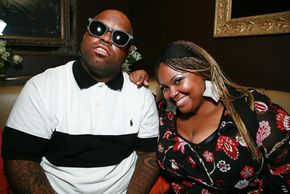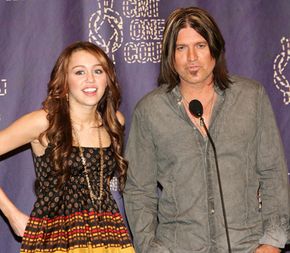Strong written and oral communication skills are essential to becoming a publicist, so a lot of future publicists major in communications, journalism and public relations in college. That said, there's no specific college degree that guarantees success as a publicist. Good publicists are generally well read with a broad liberal arts education. Advanced degrees are not necessary.
To become a publicist, you need to start at the bottom, gain on-the-job experience and work your way up the ranks. A good place to start is with an internship while you're in college. Public relations firms, literary agencies and talent agencies are good places to look for publicity internships. Interns are expected to do some of the least glamorous work like pick up rental cars and dry cleaning for the client, run to Starbucks for the office staff and conduct online research.
With some internship experience, you could land an entry-level job as a publicist's assistant. In this capacity, you might answer phones, help the publicist draft press releases, keep the publicist's calendar, assemble press kits, research journalists and make arrangements for press tours. Assistants are expected to be on-call, sometimes at odd hours and always reachable through a cell phone or BlackBerry. As a perk, you may get to attend parties, hang out with famous people and share in some of the free gifts.
To move up from an assistant position, you need to start making contacts within the publicity industry and the media. Being an assistant is a great place to start, because you can piggyback on the network of contacts already in your boss's Rolodex. You need to show your boss and members of the media that you're reliable, a solid writer and that you have a nose for a good news story.
Even as an intern or an assistant, consider joining one of the established industry groups like the Public Relations Society of America or the National Council for Marketing and Public Relations. These groups hold conferences, workshops and information sessions that can help you network with fellow publicity professionals.
In the end, your success as a publicist will depend on how well you represent your clients. If you can get great press for a lesser-known client, then bigger-name celebrities will know that you can handle higher-profile, higher-maintenance clients. The nature of celebrity is fleeting, so expect some dry spells during any publicity career. One day you're representing Angelina Jolie, and the next day you're pitching stories for Hulk Hogan. The important thing is to get some sort of satisfaction and thrill from working with public figures and the media.
For lots more information on publicists and related topics, see the links on the next page.



